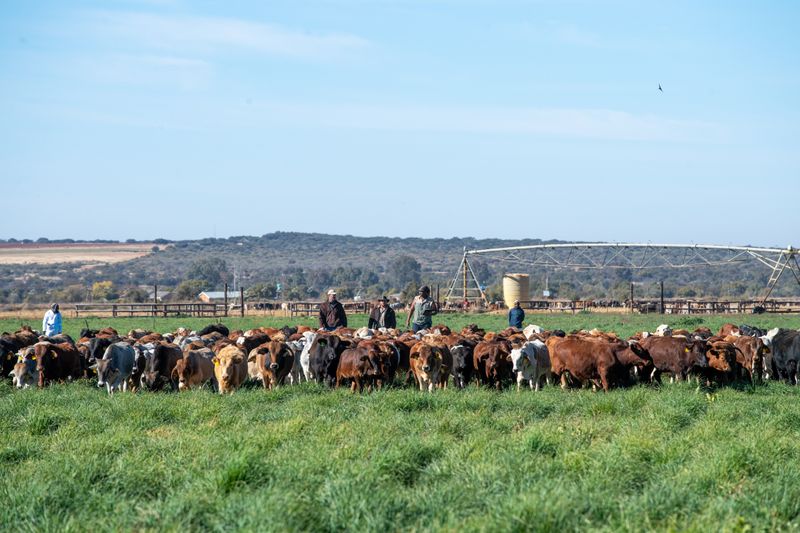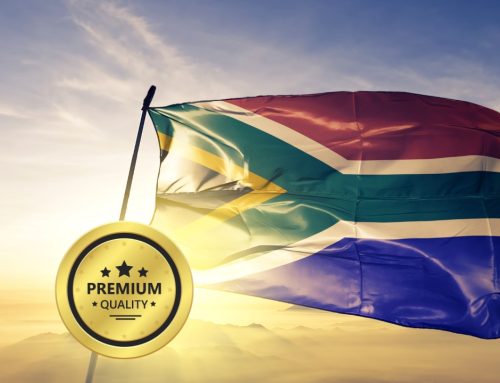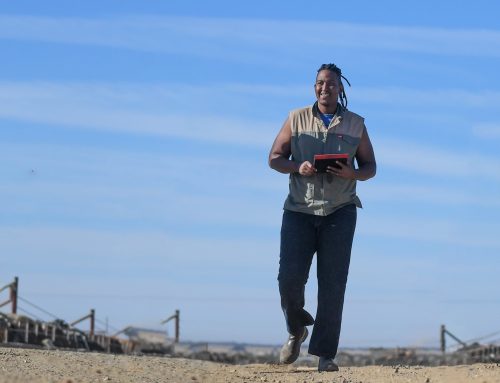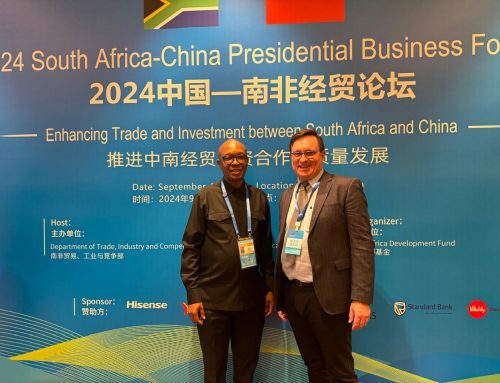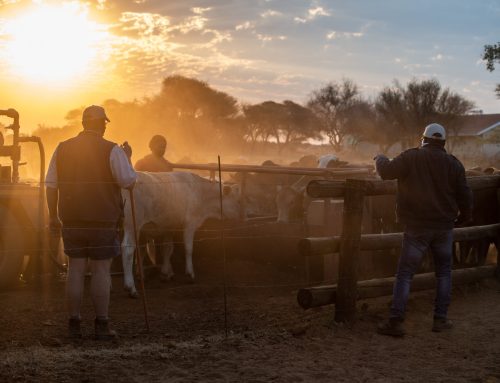Appetite for SA beef subdued amidst COVID-19
But resilient beef industry supply chain adapting to uncertainty
18 August 2020: This year the South African beef industry has been hard hit by multiple threats: A debilitating drought, beef and weaner price swings, depressed consumer demand and ongoing uncertainty regarding South Africa’s foot-and-mouth disease (FMD) status; all further exacerbated by the devastating COVID-19 pandemic.
These events have had a knock-on effect on the entire beef supply chain, from restaurants and end-consumers who have had a lacklustre appetite for beef due to lockdown restrictions and pressure on the bottom-line, to meat producers and farmers, who are struggling with a decrease in throughput, demand and prices.
News reports suggest some optimism in the sector due to recent higher rainfall, as well as a more favourable beef price (5% lower than 2019), which may stimulate an increase in demand for beef. However, according to Roelie van Reenen, supply chain executive at Beefmaster Group, these factors are not reflective of the pain currently being experienced in the beef supply chain.
“This year has been tough. Beefmaster Group has been lucky enough to be classed an essential service and we have continued to operate throughout the entire lockdown period, but our business has been impacted,” says van Reenen.
While Beefmaster Group is one of South Africa’s leading producers and exporters of specialist beef products, volumes, throughput and production at its Kimberley meat processing facility have declined in recent months, which has negatively impacted turnover, primarily because other businesses in the beef supply chain are suffering.
“Many of the restaurants we supply have either remained shut, permanently closed shop, or opened for limited trade. For them, it doesn’t make sense to keep the doors open amid the restrictions around the movement of people and consumption of liquor, which means that the demand for our products from the restaurant industry is depressed.”
Even though lockdown restrictions have recently been relaxed with shortened curfew hours to support the restaurant industry, many eateries have already announced staff cuts and closures.
“We have also had difficulty in getting our export products out of the harbour while regulations around the lockdown were clarified, which caused delays and stoppages for customers around the world.”
Van Reenen says that such events have a knock-on effect on the entire beef industry. He likens it to a link being broken in a chain.
“Firstly, major disruptions to the supply chain slows the flow of cattle into processing plants; which also means the farmer who sells his cattle, now has a diminished route-to-market. Secondly, and very concerning, the wider impact of a depressed economy and high unemployment rate means we have less people able to spend money, or re-invest their earnings back into the economy,” says van Reenen.
The latest unemployment figures of 30.1% mean that approximately 7.1 million people where unemployed during the first quarter of 2020, but this is even before the impact of COVID-19 has been considered.
“We need to keep people at work so that they have a jobs and spending power, and we need to keep them healthy to ensure that they continue to earn an income,” says van Reenen.
Beefmaster Group’s priority has been to keep its employees as healthy as possible to mitigate the potential devastating impact of the Coronavirus on its workforce.
“By keeping our people as healthy as possible we can commit to maintaining a specific volume or throughput at our meat processing facility, allowing us to continue supplying SA with beef products.”
To date, the company has spent over R2 million during the COVID-19 pandemic on its employees, covering vitamins, supplements, flu shots, special transport arrangements to comply with social distancing, company sponsored medical costs, and Personal Protective Equipment (PPE). It has budgeted to spend more than R6 million by the end of 2020 on COVID-19 related matters on its employees. It has also not contemplated pay cuts or business restructuring based on operational requirements.
“In fact, we are currently planning expansions, not because the business is doing well, but rather because we want to ensure our sustainability for when the beef industry is out of this uncertain period and that we have jobs for our people when the pandemic is over. By taking corrective action to adapt to the situation in this way, we believe we are safeguarding our contribution to the South African beef industry,” says Van Reenen.
Beefmaster Group is cautious amidst the current climate.
“Luckily, the supply chain is resilient and is already adapting,” says van Reenen. “Resilience, or the ability to absorb shock and survive a difficult period, will be the number one differentiator for those who will thrive in the beef industry post-COVID-19.”
-ends-

